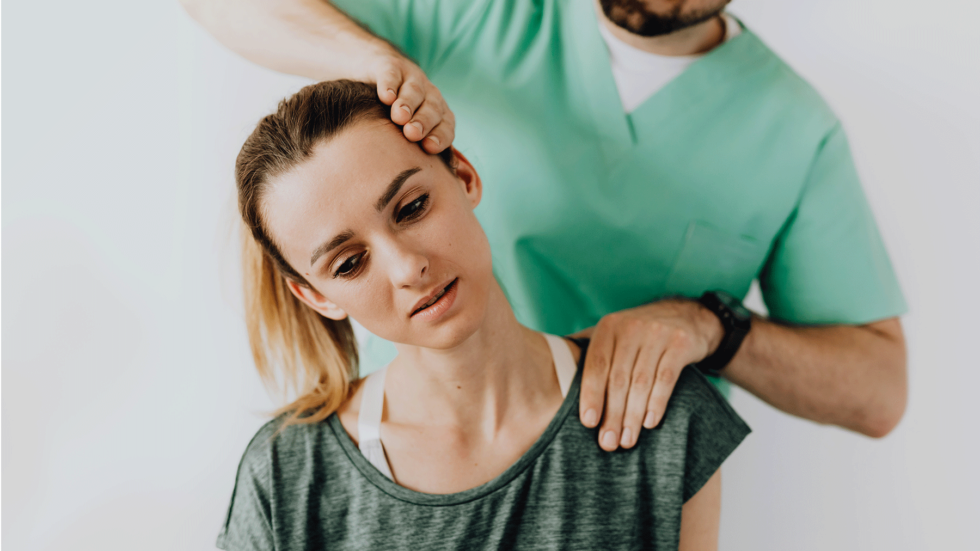The Importance of Posture

Posture is the way we carry and position our body throughout our daily physical activities. Poor posture can lead to a variety of muscular-skeletal issues including chronic pain and joint degeneration, so being aware of best posture is important.
By Catherine Rose
If you have had bad posture for a long time (and most of us do) it will feel very alien at first when you try to correct it, as the body wants to keep doing what it is used to. However, perseverance, with regular exercise to strengthen muscle tone, will result in your posture improving without you having to constantly think about it.
For a good seated posture, your knees should be slightly lower than your hips, so you need to position your chair height accordingly. If you work at a computer, ensure that the screen is at a comfortable eye level and you are not having to hunch forward or bend your neck. Sit with your feet flat on the floor facing forwards, a hip-width apart, and straighten your back so that your tailbone ‘sticks out’ rather than your back being rounded. Your spine should form a gentle ‘S’ curve. Finally, make a conscious effort to lower your shoulders, slightly pushing your shoulder blades back and down at the same time.
You may need to do this more than once as we all tend to naturally carry our shoulders in a raised, rounded position, which over time can lead to muscle tightness, tension headaches and back or neck pain.
Exercise and core stability are important when maintaining good posture. Muscles weaken and muscle fibres shorten without regular movement and exercise, leading to potential joint and ligament issues.
Stretching exercises two or three times a week will help relieve tension, increase circulation and maintain muscle condition. Yoga and Pilates are two forms of exercise that are excellent for improving tone, flexibility and posture. There are classes available for all levels.
Ergonomic furniture and aids can help posture, for example, a lumbar support cushion. Always ensure that your furniture supports you. A squashy chair that is too low and difficult to get out of may not be the best thing for your posture.
Likewise, your mattress should properly support your back when you sleep. To check this, notice if your spine is straight when you lie on your side. If not, it may be time to change your mattress. Your pillow should also cradle your neck so that it is in alignment with the spine.
Bad posture not only physically impacts on our body, but it has also been proven to have a detrimental psychological effect. Charles Darwin first scientifically documented the link between movement and emotion in his studies of humans and animals.
If you have concerns about your posture and suffer from chronic pain, visit your GP who can refer you to the appropriate health professional, such as an osteopath, physiotherapist or chiropractor.






